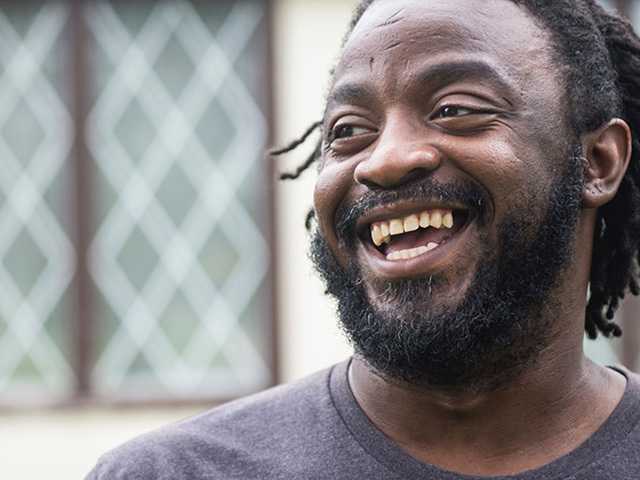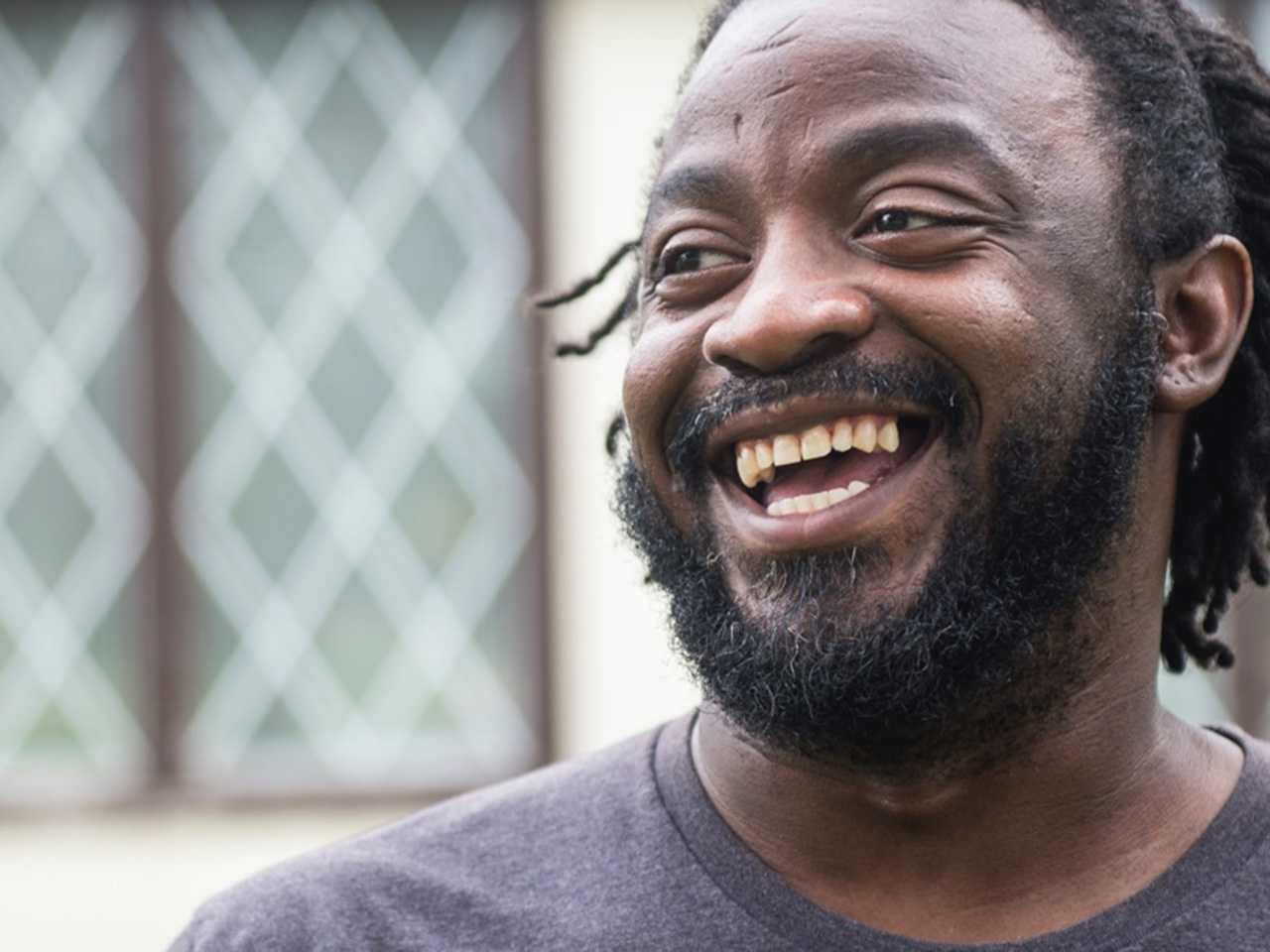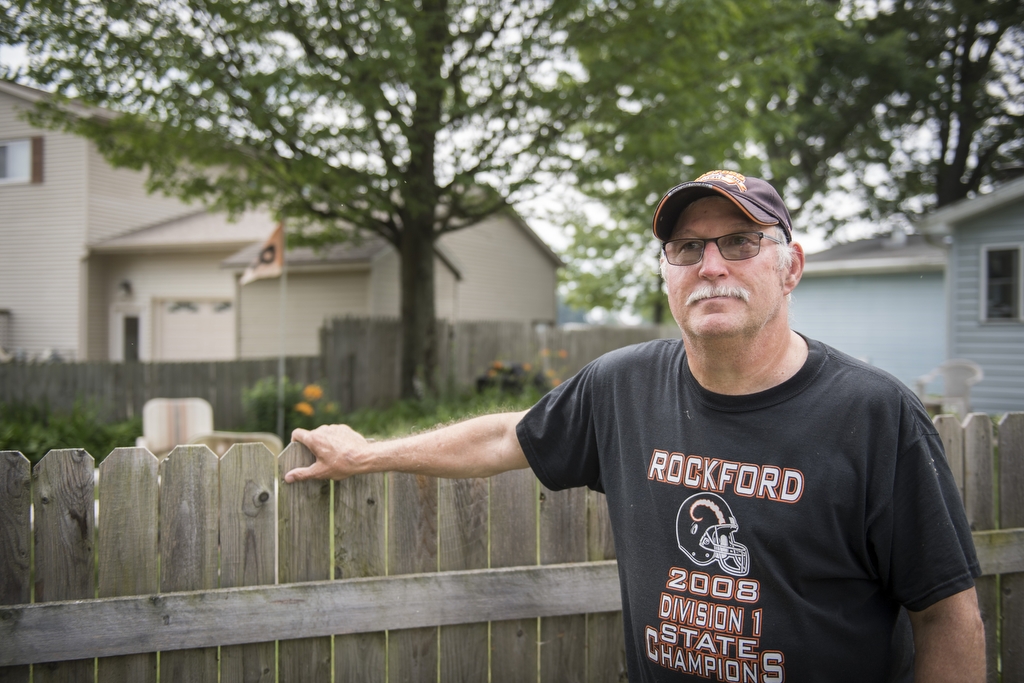We know what matters most.
Contact our clinic navigator.


Neurosurgery
Neurological surgery, also called neurosurgery, is the branch of medicine that provides both operative and nonoperative management of disorders that affect the central and peripheral nervous systems, including their supportive structures and vascular supply, and the operative and nonoperative management of pain.
Our services
Neurosurgery patient journey
Symptoms
That day was like any other for 69-year-old John Hoyt. Around 5:30 p.m., after feeding the dogs, he reached up to put a bowl of venison stroganoff into the microwave above the counter. As he lifted his arm, he dropped the bowl. “Oh shoot, I made a mess,” he recalls thinking to himself.
He reached up again to put the bowl in the microwave. He dropped it again. His mind raced back to 2004, when he had spilled a cup of coffee several times. It had been a stroke that time, too.


Diagnosis
When Barbara [John's wife] arrived at Corewell Health Butterworth Hospital (part of Corewell Health Grand Rapids Hospitals), her husband had already gone through a CT scan.
“They had already determined he had a blood clot,” Barbara said. “The neurosurgeon had already been called. They did some verbal tests on John. He was answering in gibberish. He couldn’t lift his left hand."
Treatment
“A mechanical thrombectomy, in layperson’s terms, is essentially like a Roto-Rooter of the (blocked) blood vessel,” Dr. Mazaris said.
Similar to a clogged pipe, a device called a stent retriever is passed across the occluded blood vessel to open it and reestablish blood flow.


Recovery
Immediately afterward, John began to recover.
“At 9:30 p.m. they were testing him—what’s your name, birthday, what year is it, who is the president, move your left hand, push on my hand,” she said. “He was answering, he was doing everything. I kind of looked and said, ‘He’s OK?’ They said, ‘Yeah.’
By Sunday, he returned home.
“I’m feeling good,” said John, who turned 70 on June 19. “I have no side (effects). I’m doing everything. I’ve got the pontoon up and running and I’ve been driving that. I’ve been driving the moped. Now, I’m painting a closet.”
Example neurosurgery care team

RN Navigator
Helps you coordinate your care, Making sure nothing slips through the cracks.

Neuropsychologist
Conducts diagnostic interviews to understand conditions and get you the right care.

Medical Assistant
Provides clinical support to the team, ensuring a high quality of care.

Advanced Practice Provider
Helps by performing screenings to establish a baseline for your care.

Licensed Master Social Worker
Provides individual therapy to patients dealing with neurological symptoms.

Surgery Scheduler
Coordinates with you, the provider and the surgery center in order to determine the best day for your surgery.
Comprehensive care center
Dr. Kost Elisevich, an internationally known epilepsy surgeon, explains how Spectrum Health's Level 4 epilepsy center provides comprehensive care for patients, including evaluation studies to prepare for epilepsy surgery. He discusses how brain mapping can pinpoint functional areas within the brain and help isolate the area causing seizures.
Conditions we treat
Select a condition to learn more.
